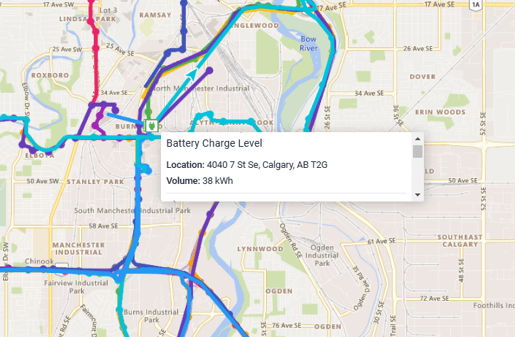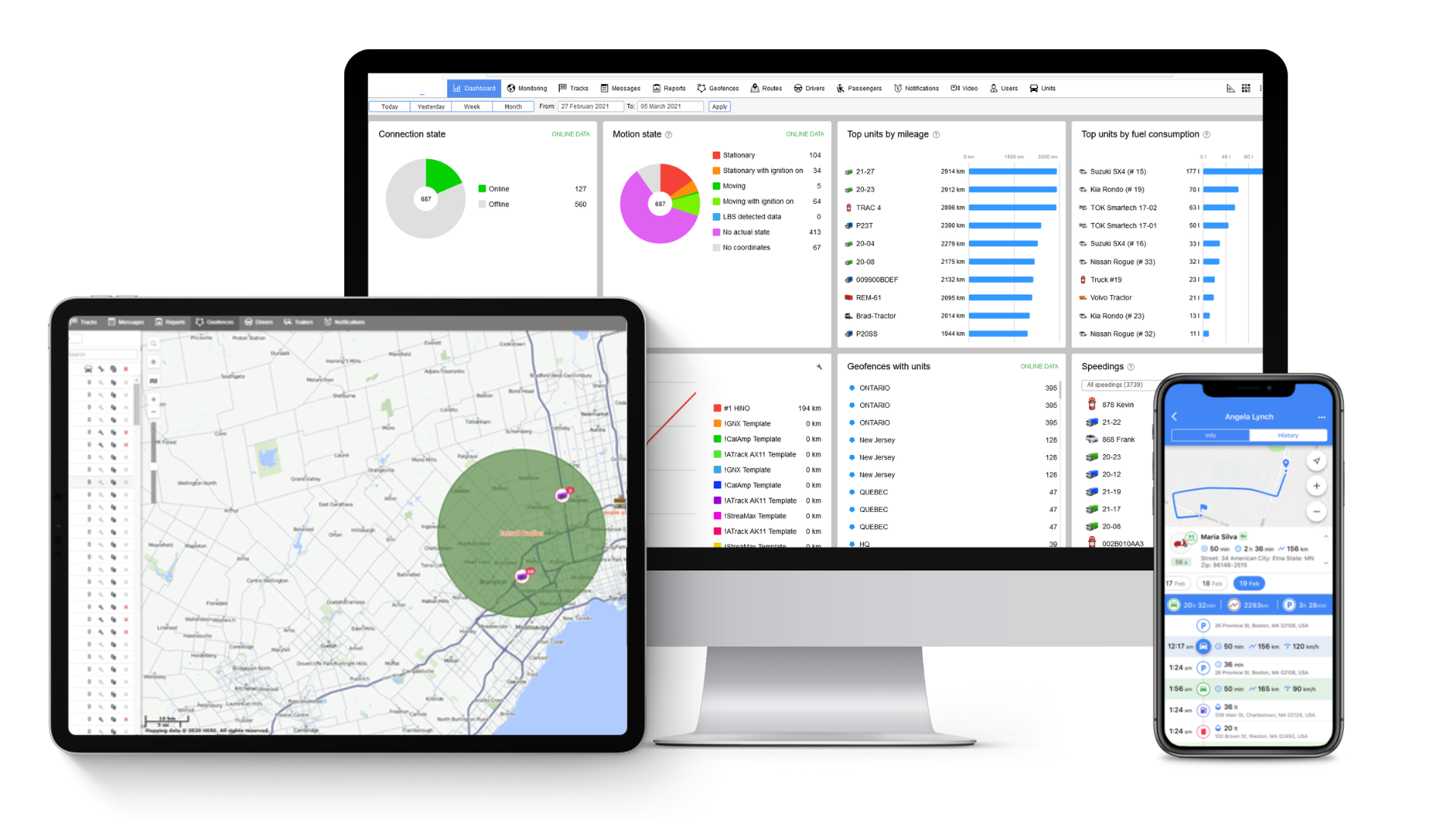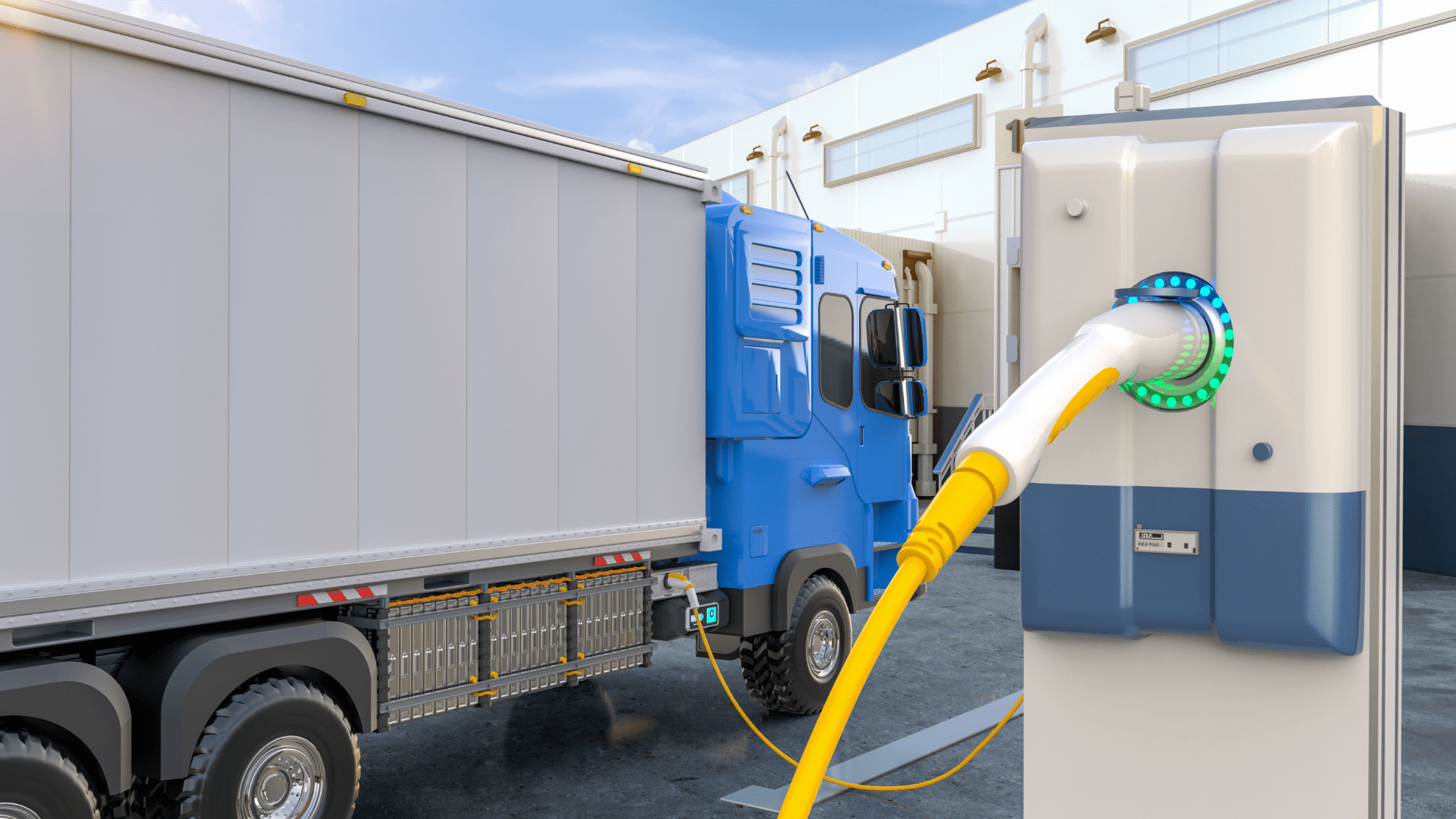Electric vehicles (EVs) are no longer an emerging trend — they’re rapidly becoming a vital part of logistics operations. With growing environmental demands, shifting regulations, and technological innovation, EV adoption is rising across industries. For logistics providers, this shift presents both opportunities and challenges. At LVM, we’re helping businesses navigate this change with smart fleet management solutions that support both traditional and electric vehicles.
The Growing EV Momentum
EV adoption is accelerating worldwide. Global EV sales surged in recent years, driven by environmental policies, government incentives, and the broader push for sustainability. In North America and Europe especially, logistics companies are integrating EVs into their fleets to cut emissions and operating costs.
Big players like UPS and DHL are leading the way with electric vans, trucks, and even cargo bikes. This trend is fueled further by e-commerce growth, which has increased the need for efficient, eco-friendly last-mile delivery solutions.
As logistics electrification picks up speed, telematics service providers like LVM are stepping in to provide the data-driven tools fleets need to manage this transition effectively.
Why EVs Are Transforming Logistics
EVs offer more than just environmental benefits. They’re reshaping fleet performance, operational efficiency, and long-term cost savings.
Environmental Impact
EVs produce zero tailpipe emissions and significantly reduce greenhouse gases, air pollution, and noise — especially valuable in urban areas. This not only helps meet regulatory requirements but also supports corporate sustainability goals.
Cost Efficiency
Electric vehicles typically cost less to operate over time. With fewer moving parts, maintenance costs drop. Add in lower fuel expenses and government incentives, and the long-term ROI becomes clear.
Urban-Ready Performance
Electric vehicles are ideal for city deliveries. They offer instant torque and smooth acceleration, which makes them perfect for stop-and-go traffic and tight delivery windows.
Tech-Driven Optimization
Today’s EVs come with cutting-edge features. Combined with LVM’s telematics, fleet managers can monitor vehicle health, battery status, and charging needs in real-time — all from a single dashboard.
How the Logistics Industry is Embracing Electric Vehicles
The logistics industry is increasingly turning to electric vehicles (EVs) as a strategic move to modernize operations, reduce carbon emissions, and lower fuel and maintenance costs. Companies are adopting EVs in different areas of their operations—from urban last-mile deliveries to long-haul transportation—based on feasibility and impact.
Fleet Modernization: A Step-by-Step Approach
Many logistics companies are taking a gradual approach to electrifying their fleets. By modernizing incrementally, they can spread out investment costs, manage risk, and train their workforce to adapt to new technologies. For example, UPS operates more than 1,000 electric and hybrid vehicles and has committed to purchasing 10,000 more electric delivery vehicles. This approach supports long-term sustainability goals while improving operational efficiency.
EVs in Last-Mile Delivery
Electric vehicles are particularly effective for last-mile delivery in urban areas, where stop-and-go traffic and short distances dominate. Amazon has deployed over 15,000 electric delivery vans since mid-2022, delivering more than 800 million packages across the U.S. The company also integrates e-cargo bikes and e-rickshaws in cities to further enhance delivery efficiency and reduce emissions in densely populated zones.
Making Progress in Long-Haul Electrification
Electrifying long-haul freight remains challenging due to factors like range limitations and charging infrastructure. However, innovations are making headway. Tesla’s Semi truck is designed for long-range logistics and can charge up to 70% in just 30 minutes. Walmart and PepsiCo are among the early adopters, piloting these trucks to understand how they fit into broader transportation strategies.
Challenges in EV Fleet Adoption
Transitioning to EVs can be complex. But with the right tools, fleets can overcome these growing pains.
- Charging Infrastructure: Fleets need strategically located charging stations. LVM’s route planning features can help optimize routes based on charging station locations.
- High Upfront Costs: Though long-term savings are real, the initial investment in EVs is still high. Telematics data from LVM helps justify this investment with actionable performance insights.
- Fleet Integration: Managing mixed fleets can be tricky. Our platform enables seamless monitoring and control of EVs alongside traditional vehicles.
- Energy Demand: As more EVs come online, energy demand increases. Smart charging schedules and data-driven energy use monitoring help avoid peak-hour surges.
How LVM Supports Electric Vehicle Fleets
LVM’s telematics platform is built to help businesses transition to EVs while improving operational performance. Our solutions support:
- Real-time Tracking

Monitor your electric and traditional vehicles on one unified platform. Track location, route progress, and vehicle behaviour live.
- Battery Management
View battery charge levels, energy consumption trends, and receive low-battery alerts to prevent delays and downtime.
- Smart Route Planning
Reduce energy use and maximize delivery efficiency by optimizing routes based on distance, traffic, and available charging stations.
- Automated Maintenance Alerts
Keep your EVs in top condition with automated diagnostics, maintenance reminders, and health reports.
- Sustainability Reporting
Monitor your environmental impact by tracking carbon emissions, fuel savings, and efficiency improvements over time.
The Road Ahead
As technology and infrastructure evolve, the future of electric vehicle logistics looks bright. From wireless charging pads and AI-powered delivery vehicles to integrated smart city infrastructure, innovation will continue to transform logistics. Fleets that embrace this evolution early will gain a competitive edge.
At LVM, we’re committed to helping businesses lead the way. Whether you’re fully electrified or just starting the journey, our solutions are designed to scale with you.
Ready to future-proof your fleet?
Explore how LVM’s telematics can support your transition to electric vehicle logistics. Contact us today to learn more.








